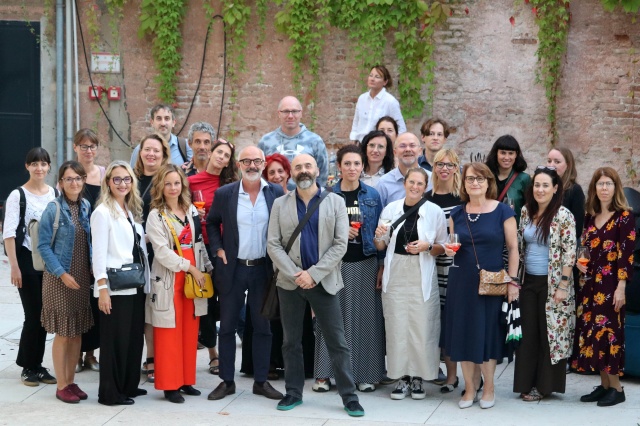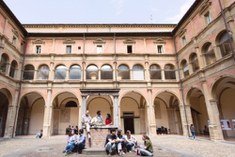Towards the First Master in Social Innovation in the Adriatic-Ionian Area

The TESI (Training and Education in Social Innovation) project, funded by the Interreg ADRION Program through the European Union Regional Development Fund and the IPA II Fund and coordinated by the University of Bologna, has come to an end with an event held in Venice last 15 September at Palazzo Badoer.
The project consortium has created an innovative transnational network of universities, research institutes and business organizations working in the field of social innovation. And it has implemented a strategy and action plan for the development of a joint Master program in social innovation.
Indeed, the aim of the project was to increase competencies and skills in social innovation through capacity building approaches, with a focus on contemporary social challenges in public administration governance, urban regeneration, social entrepreneurship, welfare and migration.
The different methodologies and teaching materials developed by the partnership were tested during a summer school held at the University of Belgrade, attended by students, PhD students and early career researchers, as well as project managers from universities and civil society organizations.
Through lectures, case study presentations, workshops and interactive laboratories provided by practitioners and experts in the field who also employed innovative training tools, the outcomes of the project were tested, gathering insights and feedback to further refine and improve the Master program.
Coordinated by the University of Bologna with the Department of Political and Social Sciences (the scientific coordinator is Prof. Riccardo Prandini), the TESI project involved the Iuav University of Venice (Italy), the Faculty of Humanities and Social Sciences of the University of Zagreb (Croatia), the Faculty of Philosophy of the University of Belgrade (Serbia), the Hellenic Open University (Greece), the University of Tirana (Albania) and the Science and Research Center of Koper (Slovenia).
The partners will now continue to work together to develop and implement the Master together with the members of the Transnational Innovation Network, with the aim of promoting social innovation in the Adriatic-Ionian macro-region.






